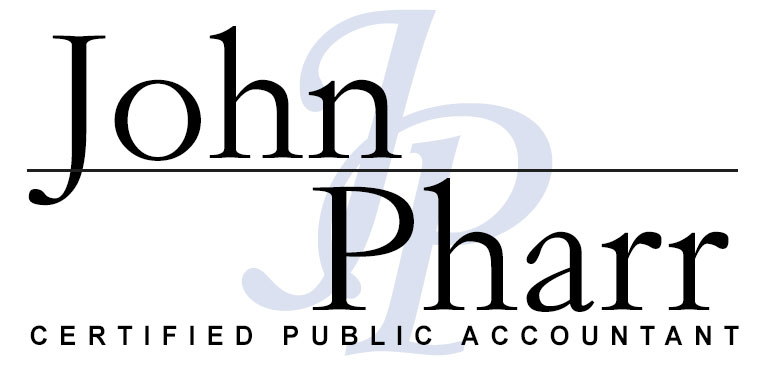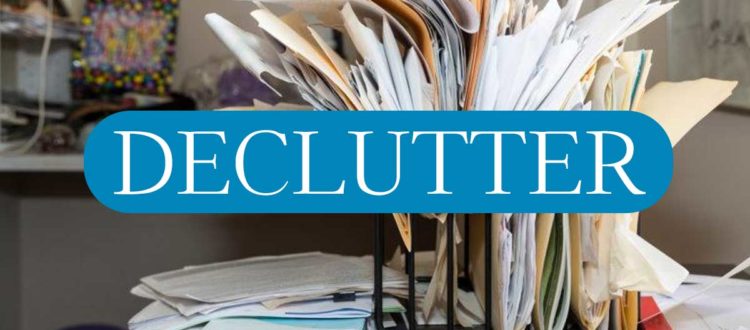With Taxes Done, Now it’s Time to Shovel Papers, Declutter
If there’s a silver lining to filing an income tax return, it’s that many of your financial records — pay stubs, W-2s, credit card statements and the like — still are close at hand. So it can be a good time to organize your financial life and cut down on clutter.
Here are some steps to consider:
Deal with tax documents
One question many people have this time of year centers on how long they should retain tax returns. The basic rule is to keep returns, receipts and other relevant records for at least three years. However, the Internal Revenue Service can go back six years if it thinks you substantially underreported income, and indefinitely if it suspects fraud — or if you failed to file a return. You will want to retain records indefinitely on investments or other assets that you still own, such as stocks, mutual funds or real estate.
Pare paper statements
If you’re missing something, you usually can retrieve bank, brokerage, credit card and other statements online. It’s not a bad idea to retain some annual paper statements, but once you have the yearly statement in hand, shred prior monthly or quarterly updates.
It’s also wise to transfer some financial records to a computer flash drive for storage in a home safe or bank safe-deposit box. Be careful about keeping sensitive files on PCs or phones because those devices are vulnerable to being hacked, lost or stolen.
So too for credit reports, which can be viewed entirely online. If you print one out, shred it after checking it. Credit reports are full of Social Security numbers, loan details and other sensitive information. You may receive one free report from each of the three main credit-reporting agencies — Equifax, Experian and TransUnion — each year through annualcreditreport.com.
A big part of cutting down on clutter is removing paper in the first place. That’s one reason it can be smart to pay bills online. While you’re at it, sign up for alerts that track transactions, signal low-account balances, remind you of payment due dates and more.
Develop a system
Half the clutter battle is not shuffling papers around any more than necessary. There are plenty of documents you probably don’t need, noted Christine Benz, director of personal finance at Morningstar. These range from mutual-fund prospectuses to manuals for small appliances. It might be time to discard some of this paperwork, especially since you can find almost all of it online. Not everything that looks official is all that important.
Investment company MFS recommends saving needed paperwork for either three years, seven years or indefinitely. Items worth retaining for three years (or less) might include routine bills, credit card statements and receipts. The seven-year group could include canceled checks, check registers, bank statements, pay stubs and tax returns. Paperwork to hold more or less indefinitely includes records of major purchases, year-end investment statements, insurance policies, estate-planning documents and receipts on major home improvements.
The reason home-improvement records are worth saving is that they can help narrow a person’s taxable capital gain when selling a primary residence at a profit. Individuals generally can shelter up to $250,000 in gains from taxes anyway and married couples up to $500,000. Any taxable gains beyond that often can be reduced by the amount of improvements made over the years.
Heed electronic precautions
Keeping and accessing records in the digital age means using strong, lengthy passwords and changing them often — and using unique passwords for each sensitive online account.
“Passwords really do need to be long, strong, not easily decipherable and not shared among sites,” said Adam Levin, chairman and founder of Identity Theft 911.
To deal with all those passwords, you might want to make a backup list that a spouse or trusted relative or friend could access in a pinch. Otherwise, if you died suddenly or lost the ability to manage your affairs, your online accounts could become inaccessible. You might provide a list of your user names to one person and a separate list of passwords to someone else, with instructions to compare notes when the time comes.
Russ Wiles | russ.wiles@arizonarepublic.com | USA Today
John Pharr CPA850-435-8844
Send Us a Message




